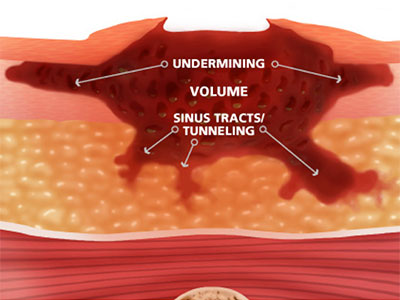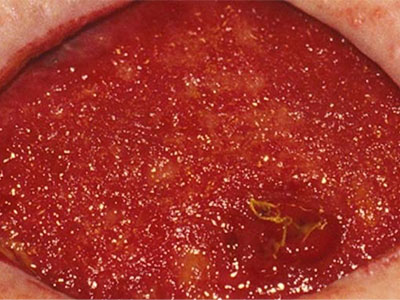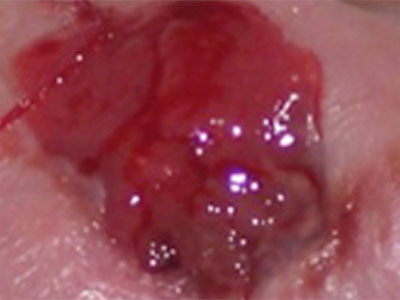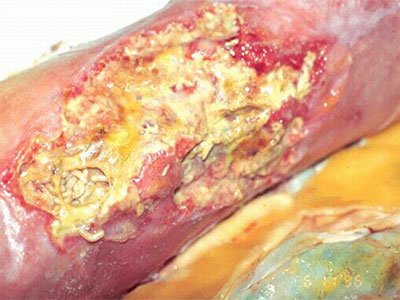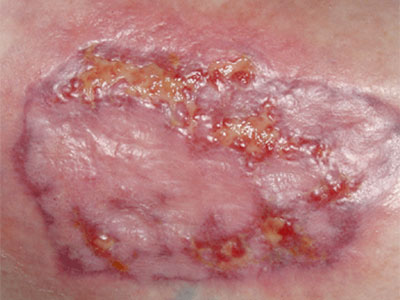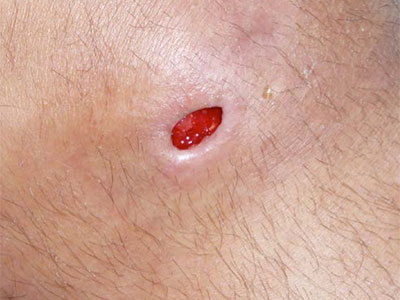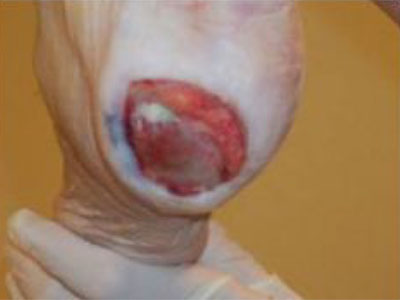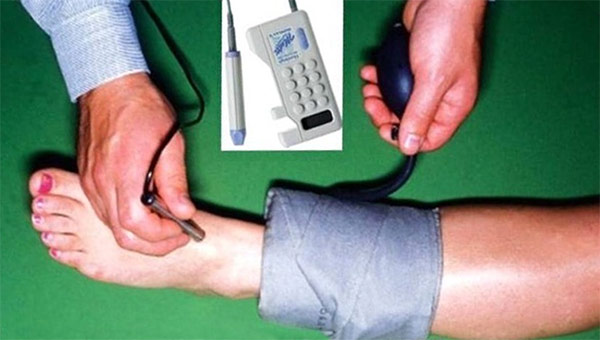Reducing Unintended Pregnancy through the LARC Initiative: A Population Health Success Story
July 21st, 2020 | ArchiveStudies have shown that unintended teen pregnancy can lead to a number of critical health and social problems for young parents and their children: low birth weight, unemployment, school failure, and many other serious issues. Because of these risks, the Centers for Disease Control and Prevention (CDC) has declared teen pregnancy a national public health priority, and the CDC — along with the American Academy of Pediatrics, the American Academy of Family Practice and the American College of Obstetricians and Gynecologists — recommend LARC (Long Acting Reversible Contraception) as a safe and highly effective first-line method of pregnancy prevention for adolescents seeking contraception. LARC methods protect against pregnancy for up to three to 12 years, can be removed at any time, and are 40 times more effective for teens than the traditional birth control pill.
The Greater Rochester LARC Initiative was started six years ago by the URMC Department of Pediatrics’ Hoekelman Center for Health Beyond Medicine. A community-collaborative endeavor, the initiative has primarily focused on reaching adults who connect with youth in community, education, and health settings in order to educate and empower these trusted adults in their conversations with youth about reproductive health and effective options. AHP’s involvement with the broader LARC Initiative started in 2018 and has focused on increasing access in primary care settings by offering reproductive counseling and LARC insertion training to PCPs caring for youth and young adults.
The results of these efforts are a population health success story for the Rochester community. In a new study published this spring American Journal of Obstetrics & Gynecology, utilizing Youth Risk Behavior Surveillance System data from 2013-2017, adolescents in Rochester adopt long-acting reversible contraception (LARC) at a rate nearly five times higher than the U.S. overall. The FLPPS-funded training coordinated by AHP in 2018 and 2019 for 48 primary care providers practicing in five counties across our region contributed to this improvement with rates of LARC placement increasing by an additional 30% compared with 2017.
We encourage all primary care practice providers to sign up for a LARC Initiative Reproductive Counseling Training (a one-hour session, available for scheduling by Zoom). For providers interested in LARC insertion training, future sessions are being considered for the fall. Please contact LJ Shipley if you have questions or are interested in either of these trainings.







